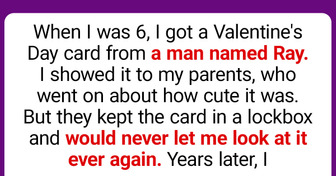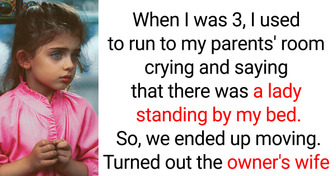A Taiwanese Artist Creates Short Stories With Unexpected Plot Twists

So you’re standing in a room full of explosive gas. One spark can cause an explosion so powerful that all the windows and doors would be just blown out with a huge column of fire. And you’re holding a match. You need a bigger target than this room.
How about the largest room of explosive gas in our entire solar system? Meet Jupiter. It’s the fifth planet from the Sun, and the largest one in our system. It’s 11 times the width of the Earth, and almost 2.5 times heavier than all the other planets in our solar system combined. If we put Jupiter on the scales, we would need about 317 Earths to balance it.
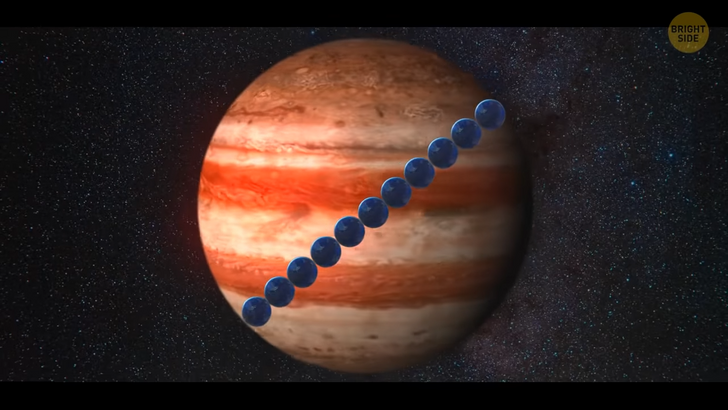
But most importantly, it has a lot of methane in its atmosphere. It’s the gas we use in our kitchen or fill up our car with. And it burns just fine. More importantly, there’s metallic hydrogen. In its normal state, hydrogen is the lightest element in the universe.
But on Jupiter, it’s at great pressure, more than 400 million atmospheres. By comparison, on Earth, you feel the pressure of 1 atmosphere. So multiply that by 400 million, and hydrogen is compressed so much that it looks like liquid metal.
Metallic hydrogen can be a great fuel. It’ll give off 20 times more energy than burning ordinary hydrogen. So you and your match can have great fun out there. Ok, here we go! The first problem is distance.
Jupiter is only one planet away from us. But the path is also blocked by the asteroid belt behind Mars. It’s full of giant rock debris. On average, each asteroid could be as wide as the distance from Los Angeles to Las Vegas. There’s rocks the size of an entire state.
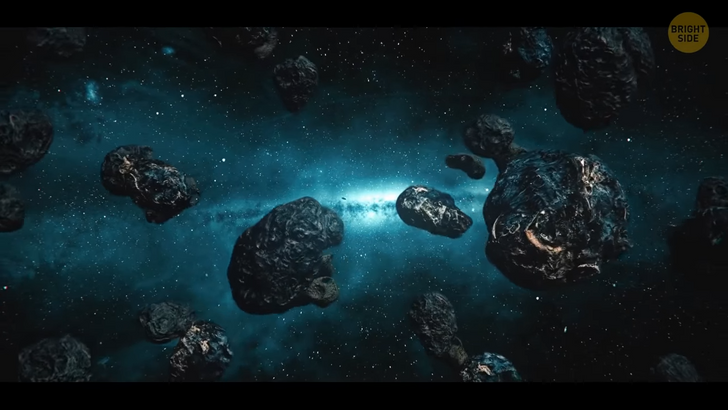
And the biggest asteroid of them all is Ceres. It’s almost as wide as Alaska. It’s even considered a dwarf planet. And this dangerous journey to Jupiter takes about 650 days. That’s almost two years of boredom inside a spaceship.
By comparison, the longest time astronauts have spent aboard a spaceship is 84 days. But we’ll let you take your favorite DVD collection and a couple bags of popcorn. At the end of the day, you’ll be able to get some sleep after a hard day at work.
Fast-forward two years into the future and you’ve arrived at your destination! You’re already imagining lighting a match at the surface of Jupiter, exploding it like a balloon! Oh, be careful when you get close to it! Because of Jupiter’s great weight, it has a strong gravitational force, about three times stronger than back home on Earth.
The closer you get to its surface, the weaker you feel, and you can even barely stand on your feet! The maximum weight you can lift here is also three times less. And even a match you’re holding in your hand already feels heavier.

If you try to jump up, you need more effort. Actually, you can’t even do that because Jupiter is a gas giant. That means it has no solid surface. Theoretically, the deeper you dive into these clouds, the more pressure you’ll feel. Gradually, the clouds and gases thicken and form a kind of liquid. But you don’t have to dive that deep. Methane is a light gas, and it’s closer to the surface.
So this is the moment of truth. You take a match, you flick it on the box, and... Nothing happens. Well, let’s give it a couple more tries. Second match, third... Nothing works. Okay, you’ve got a gas burner in your backpack. You unscrew the valve to maximum, and... Nothing happens again.
Well, that’s because it takes three components to start the combustion process. The first is fuel. Luckily, there’s enough methane and metallic hydrogen on Jupiter to blow up the whole planet in a matter of seconds. The second component is the ignition source. It’s the initial force that will start the combustion process. It could be a spark, an electrical discharge, or a match like the one you have in your hand.
And the last ingredient is oxygen. Yes, the same oxygen that we breathe. It’s just as important to fire as the fuel itself. For an experiment, try lighting a small candle. Now cover it with a glass. You see how the fire keeps burning for a few seconds and then goes out? The fuel is still there, but the fire has used up all the oxygen inside the glass and the burning process is over.
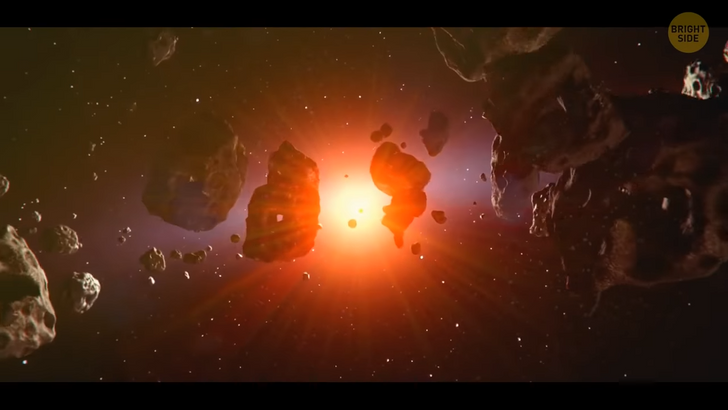
The same thing happens on Jupiter. There just can’t be fire simply because there’s no oxygen. And you didn’t even have to fly there to find that out. From Earth, we can see hundreds of thousands of little meteorites falling on Jupiter. The asteroid belt next to it is to blame for this.
When they hit its atmosphere, they start to burn. And that doesn’t instantly blow up the entire planet. But don’t be upset. There’s still a way to ignite this giant gas planet. All you have to do is trigger a thermonuclear chain reaction on the planet.
Then there’ll be an explosion so powerful it’ll be visible from Earth. And it’ll be like the birth of a new star. To do that, we need to detonate a nuclear reactor like the ones that give us electricity here on Earth. In fact, we’d have to send everything we have to Jupiter. But even that won’t do the trick.
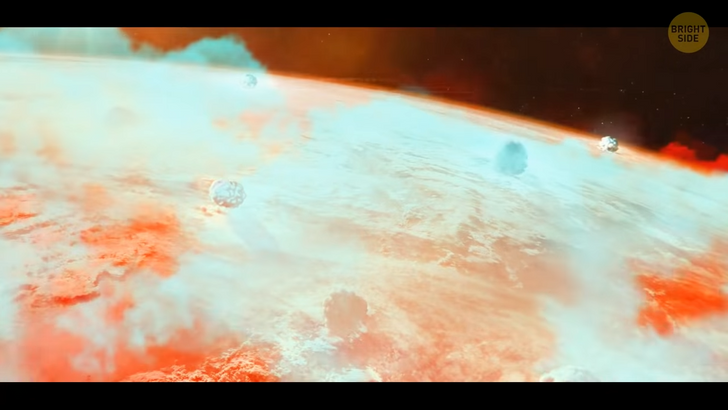
Big asteroids, when they hit the planet, cause a much bigger explosion. In 2009, a meteorite the size of 5 soccer fields hit Jupiter. It caused an explosion of 5 billion tons of TNT. This incident left a dark spot the size of the Pacific Ocean. And an even bigger explosion happened there in 1994.
After that collision, there was a giant spot on Jupiter almost the size of our planet. But strong winds and storms quickly began to sweep away the traces of the explosion. After a few weeks, Jupiter looked like normal. The problem is that our attempts to blow up the gas giant took place on the planet’s surface. We need to plant a charge the size of the Moon deep below.
A massive explosion will cause a thermonuclear reaction, and cause the metallic hydrogen to detonate. The explosive process is set, and within seconds, Jupiter explodes like a giant balloon. But this spectacle will be the last one that humanity will see. The explosion will disturb the stable orbits of Earth and other planets. The trajectory of the Earth around the Sun might change.
And we may see the dawn not in the east, but on any other side of the world. When the strong wind from the explosion reaches the Earth, it’ll start scraping our atmosphere. Soon, our planet will lose its ozone layer. It was our shield that protected us from solar radiation. In such a situation, we’ll have to hide underground for the rest of our lives. But even this can’t protect us.
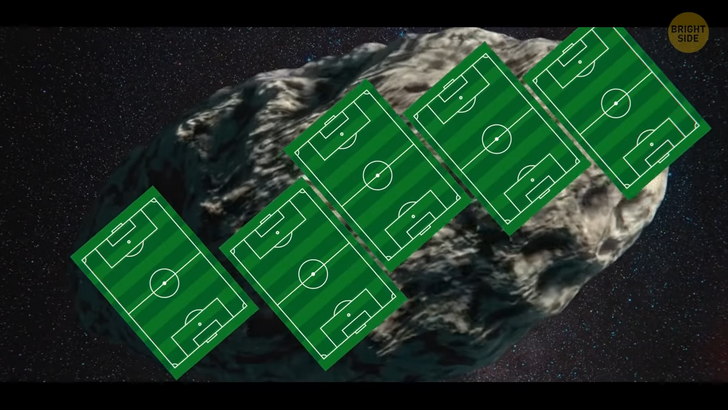
Before long, the Earth will be showered with thousands of meteorites. Jupiter was so heavy that it held the asteroid belt in place. Without it, the asteroids would start flying towards us. Earth would feel a constant meteor shower. But there would be no one left on Earth to observe it anymore.
Jupiter’s explosion can be compared to a supernova. In fact, Jupiter is practically a star. If it were just a little bigger and heavier, it would start to shrink. The intense pressure on the planet’s core would start thermonuclear reactions.
Eventually, Jupiter will have turned into a brown dwarf. And it would be 50 times heavier than it is now. But because it doesn’t have enough weight to do that, Jupiter is sometimes called a “failed star.”
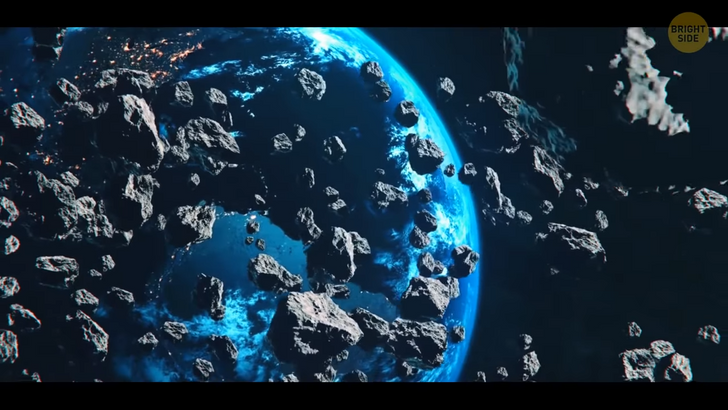
Well, maybe we should visit other gas planets in our solar system, and try to light our match there. Saturn. Saturn’s atmosphere is similar to Jupiter. But there’s no oxygen for combustion there, either. So all you have to do is admire the planet’s beautiful rings and move on.
Well, Uranus and Neptune are much smaller. And they don’t have metallic hydrogen, so their explosion wouldn’t be as strong. But you still wouldn’t be able to ignite them with a match, because there’s no atmosphere full of oxygen.
But there’s one planet where you could light a fire with your match. It’s GJ 1132b, and it’s 39 light-years away. Scientists think it might have oxygen on it. Although it’s not a gas giant that has combustible gases in its atmosphere. But you can still sit on its rocky ground and make a fire to admire the unusual sunset.




